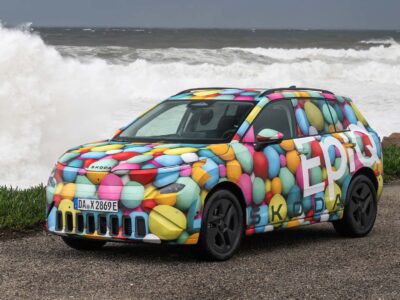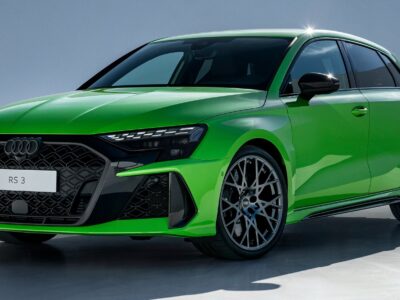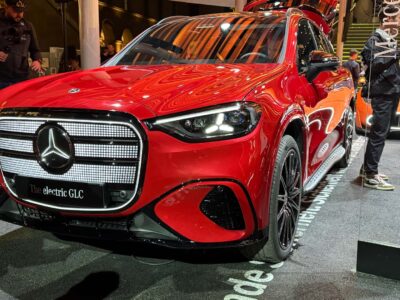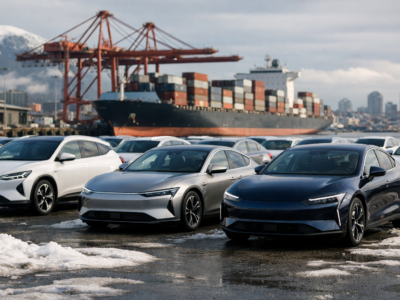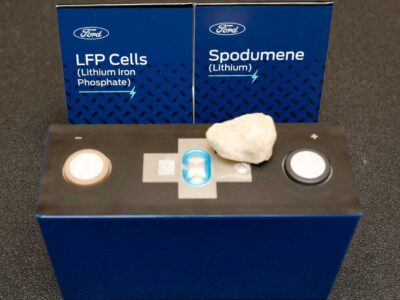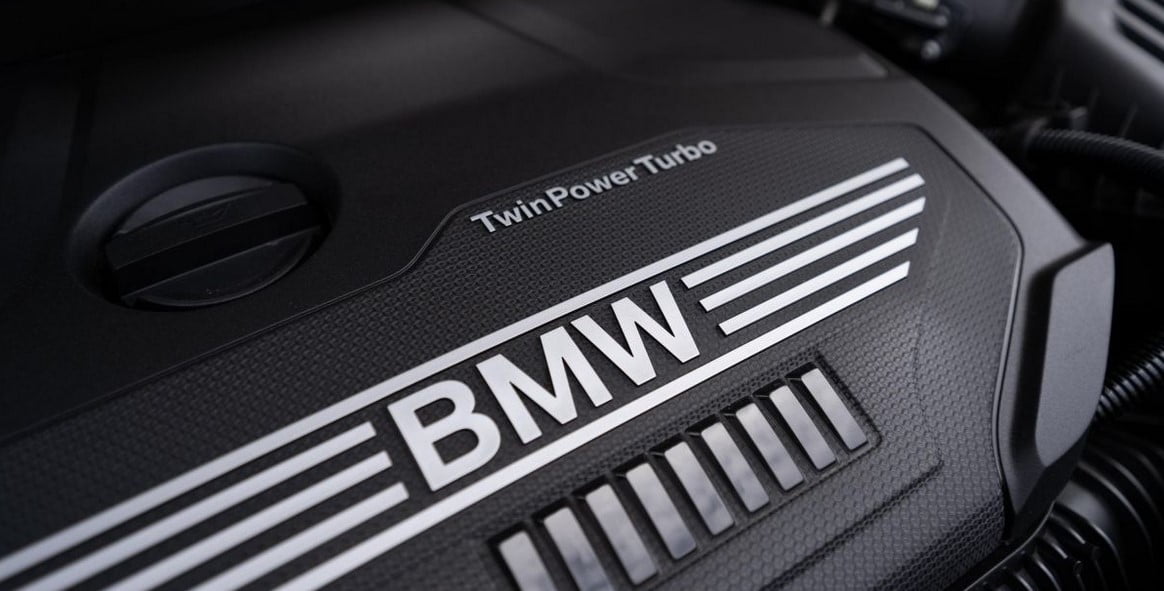
While many other automakers are abandoning the development of new engine families, BMW is set to break the trend.
Frank Weber, head of development at BMW, told Auto Motor und Sport that the company is “working on a new generation of engines: gasoline, diesel, six cylinders, eight cylinders.”
Weber states that BMW needs “a state-of-the-art combustion engine for a few more years to effectively reduce CO2 emissions in the global passenger car sector.”
The development chief claims that with the “six-cylinder engine alone, we are reducing CO2 emissions more massively than ever with a generation change.”
When asked if the new engines from the Bavarian automaker are entirely new or revised versions of current engines, Weber responded: “Nothing is really as before.”
He went on to say that BMW’s new engines will feature a “powerful electric transmission pulley” and a “promising approach” to the “complete charging cycle,” including “something completely new on the cylinder head.”
If these engines are entirely new, BMW will once again go against industry trends.
In late 2021, Hyundai shut down its engine development arm, and most of its engineers and designers moved to electric drivetrain development. A small team will continue working on internal combustion engines to revise existing gasoline and diesel engines.
Volkswagen and Audi have also stated that they will continue updating existing engine lineups but do not plan to develop new engines.
As the EU plans to ban the sale of new cars with gasoline and diesel engines from 2035, BMW will be forced to offer only electric vehicles in many markets.
Oliver Zipse, CEO of BMW, says the company will be able to handle any ban on internal combustion engines (ICE) from 2030 onwards.
Currently, the company is developing a new architecture, called Neue Klasse, designed around EV technology but can also accommodate internal combustion engines.
Neue Klasse vehicles are expected to go into production from 2025, and the new platform will underpin all BMW vehicles, from the 1 Series to its high-end sedans and crossovers.
In the short term, most of the automaker’s EV offerings will be purely electric variants of existing model lines, such as the i4, which shares its body and structure with the 4 Series Gran Coupe.
Other automakers have begun to provide dates when their lineups will be available only with electric powertrains. Some are quite definitive, like Volvo’s promise to use only electric vehicles by 2030, while others are vaguer, like Mercedes-Benz, claiming to be fully electric “where market conditions permit.”
So far, BMW has resisted calls to make a similar statement. Weber says the automaker “vehemently opposes naming a date for the gradual elimination of combustion engines,” mainly because “the problem of not having enough charging stations cannot be solved overnight.”
He does believe, however, that “the future is electric,” although in his opinion, “this transition will not end in five or ten years.”
In its latest statement on the matter, the automaker says electric vehicles will account for 50 percent of its global sales by 2030.



